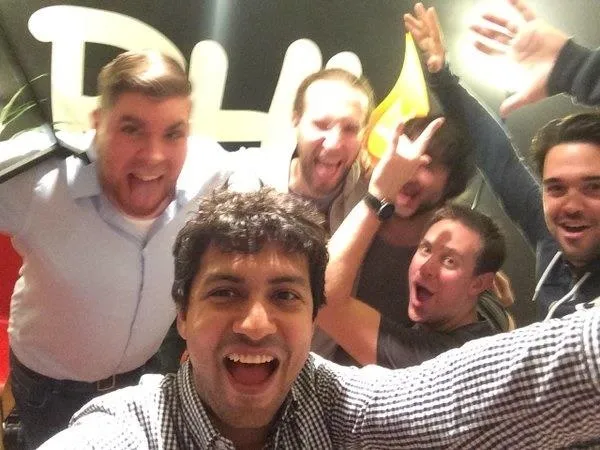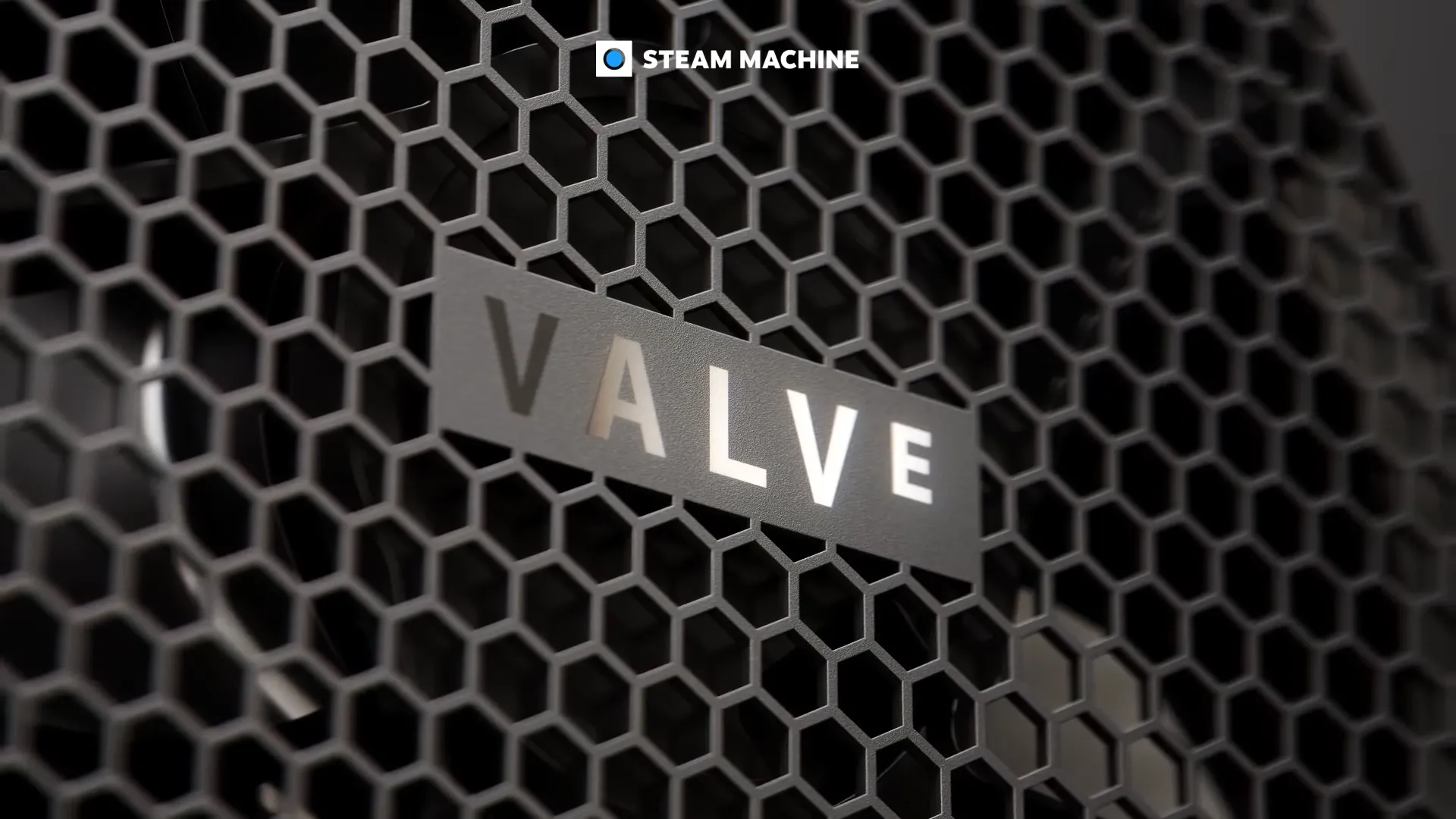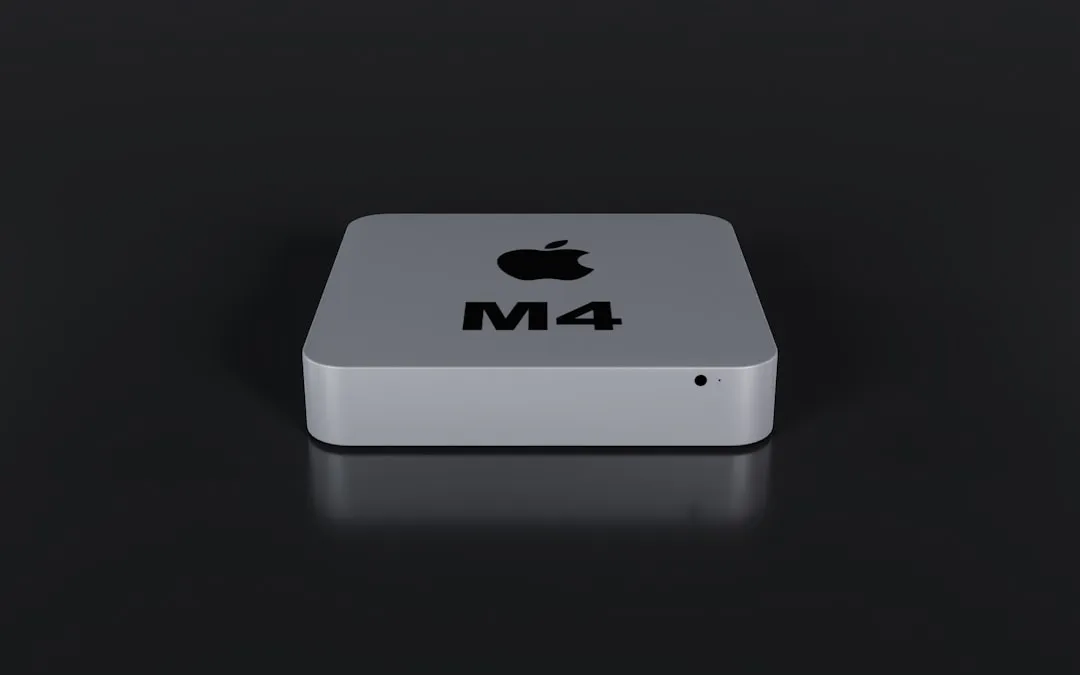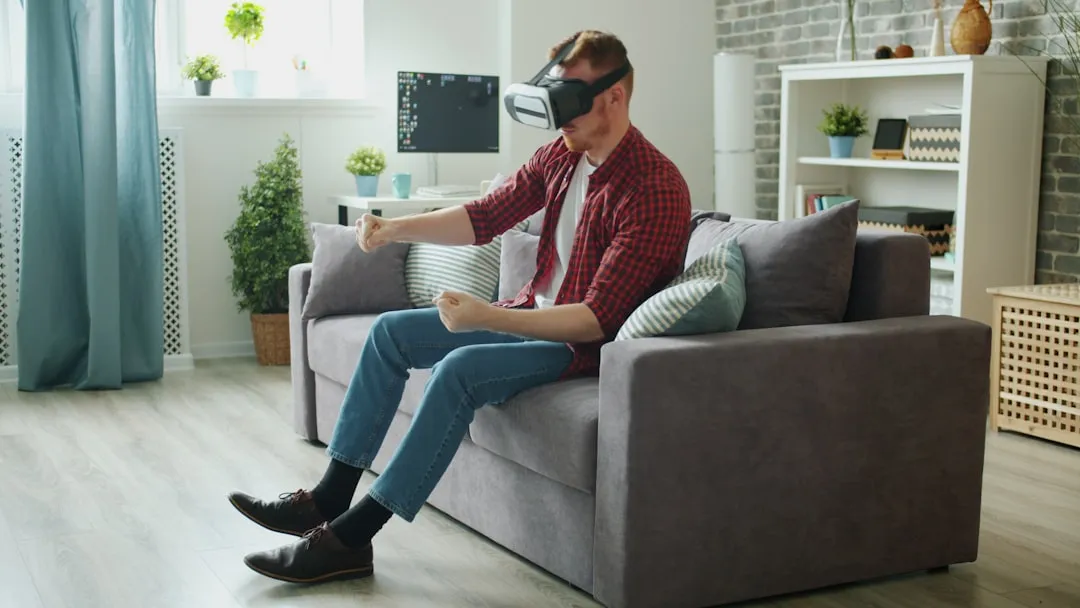From Farmville to selling a company to Google, Amitt Mahajan has been through the startup ringer. Now, as managing partner with Presence Capital, he's funding the future of augmented and mixed reality.
With interest in 3D graphics, Mahajan started his career working on game engines. That path that would eventually lead him to work for Epic Games, the creators of the ever-popular Unreal Engine. Mahajan left Epic Games to start My Mini Life, which was then purchased by Zynga. This is where he co-created Farmville, the smash hit Facebook game.
After his success with his first startup, Mahajan went on to form Toro, a Facebook marketing startup, which was purchased by Google in 2015. Most recently, Mahajan has co-created Presence Capital. With his given track record with startups, he may very well be someone you want to listen to on the subject.
Next Reality had a chance to talk to Mahajan to learn more about his past, his ideas, and where he sees this all going. He's passionate about the subject, which comes through in his excitement level. The following interview has been edited for clarity.
Next Reality: What prompted you to co-found Presence Capital?
Amitt Mahajan: So after leaving Google, I knew that I wanted to do something kind of in VR because it's a new platform and it's 3D. I got together with my partner, and we started Presence, which is the first fund focused on VR and AR. That specialization requires you to go a lot a deeper. We got about 28 deals in the last two years, and we're one of the most active in the space. We tend to invest early in the seed stage. We have a bunch of companies you've probably heard of if you're following the space, like baobab, Harmonix, Scope AR — there's been a bunch.
My thesis on investing is very much just like thinking through the actual use-cases of the technology, trying not to get caught up in the hype. I'm kind of like bearish on consumer VR in the short-term: I think it's going to take a lot longer than everyone thinks. Also, our focus is about infrastructure and technology and how it applies to these cases and so on.
NR: Farmville set a standard for success in social gaming. What would it take for an augmented reality game to reach the same level of success?
AM: The number one thing that's going to move the needle forward in VR is going to be Apple releasing some VR-compatible iPhone. It may not look that way when they launch it; it may go straight to AR. I think that if they launch an iPhone with a HoloLens screen, that's going to be the thing that gets a VR device in most people's pockets.
Two is just like we haven't seen repeat user behavior yet in VR. If you think about the web, you think about mobile; everything is measured — Facebook games, as well — based on repeat usage, by engagement. And so far, the numbers you keep publishing are based on installs or downloads, sales, people that are coming every day or every week.
We're in a very early stage of VR, where people aren't focused on active engagement, or repeat engagement. We're focused on like getting people to use it at all. I mean, our number one metric was returning users. That was important. So, we don't really have that behavior yet for VR. It may just be that there's not going to be a platform like that because it's so much work to put on the headset.
NR: How do you think we'll integrate AR/VR into everyday life?
AM: That one's harder. Mobile VR, I think, could be more common than when people put it on because the phone is with you, especially if it's a simple device. The problem with VR is that you're withdrawing yourself from reality. You're closing off the real world. To do that, you have to be in a safe space. I think that we're probably going to see repeat usage probably on AR rather than VR. VR will be used when you get home from work, or you're doing a train or a plane or something of that nature.
NR: Why did you invest in Scope AR and Meta?
AM: We primarily look for really great founders because the space is so early that we're essentially in a situation where a founder needs to adapt really quickly. They must have a lot of persistence in order to survive. We primarily screen for that.
All the founders that we look for, basically, if they weren't doing this, they wouldn't know what to do with themselves. We're not looking for people who are just chasing a fad. If you look at the people who are successful on mobile, like Rovio with Angry Birds, Ping, or the guy Paul Bettner who created Words With Friends and is the CEO of Playful now. Those guys, they booked like 17 games! Right? Like how many failures do you have to bust through in order to get that? And also, they're smart about growing with the platform.
So Paul, when he first started at New Toy, the first versions of the games they put out there they didn't have in-app purchases, so they released these extra apps to download and buy or buy in-app currency and stuff. It was a huge hack the way you make money at the time. They were quick about adopting new features, as Apple were putting them out and being smart about thinking about what things can give them an edge.
Even at Zynga, we were doing the same thing, changing the platform — we were constantly evolving to stay ahead of the curve regarding growth, regarding the platform people were using, and so on. Really good entrepreneurs are quick to adapt. We're looking for folks who are doing the same thing. Every week now someone releases a new headset, someone's released a new feature, releases a new tracker, whatever it may be, and the industry completely changes. You need people who are essentially very responsive to that.

The massively popular FarmVille game.
NR: So, what advice would you give young entrepreneurs who want to break into the AR market?
AM: It's willingness to evolve, and it's determination, but also, I would argue that, if you look at Job Simulator, it's a simple game. But the thing that they did well was that they used the native features of VR, right? In their case, it was hand-track controller: the ability to grab. If you look at … Medium, Jobs Simulator, and so on, they're all using VR native input.
It's less about the visual and it's more about the input. If you think about it, the same thing that you thought about the iPhone as well, the display was good, but the touch was what made it magical — that's what enabled new forms of interaction. So when you think about interaction, it's about that six degrees of freedom that you get with hand-track controllers. There's a lot of room there; there's a lot of things that we haven't thought of.
In a lot of ways, you can just take the existing paradigm. So, for example, I'm making a fishing game, right? Fishing is a game that's been created on every single platform at the time. But in VR, it's new because you've freedom: I've got the rod in my hand, and I can throw it … it's a novel experience. There are all these niches that people can go into and build all these great products. They're not fully funded, and they don't necessarily have a really big team yet, but they can go in and create these mini games — or mini products and apps — that are marketing small niches.
NR: Who would be the person you admire most on our list, or in the AR industry?
AM: It's hard for me to choose just one person because I think it takes a village. I think Darshan Shankar, CEO of Bigscreen, and the vision he has for modernizing the VR within a workspace.
I think Scott Montgomerie of Scope AR is also really impressive.
NR: What do you think of Evan Spiegel of Snapchat and how he's incorporated AR into our everyday landscape via filters?
AM: I mean, I do think it's good but like do we need to toot his horn anymore? It's like saying Thunderbird is impressive, you know?
NR: You are more of an underdog man then?
AM: I mean, yes! At the end of the day, if you think about it, Snapchat got big because they did a bunch of acquisitions. I think people need to highlight the guy that did their facial tracking recognition. That's the guy you should highlight!
Evan was smart for thinking about it strategically, but that guy: That guy built that thing! And so, with something like this — Google, Facebook, Snapchat, Amazon, Apple — these guys aren't going away, right? If anything, they're going to end up controlling these platforms. What I'm curious about are the guys who are the building blocks of these things, because they're the ones who came with that unique insight, which then led to that larger company to be able to distribute it to the mass market.
A lot of what we're looking for is those people who are building the next Farmville, there has to be someone who's going to do it, and I want to find that person; I want to give them all the resources they need to follow through with their vision. The CEO of Strivr is incredible too, this guy Derek Belch. They're using VR for training. They came out of Stanford football club originally. So they were being used for sports training. Now, they're starting to use it for things outside of sports. For example, if you're operating heavy machinery you can train a person in VR before giving them a forklift or whatever. When you think about it, VR for training is really powerful. These guys are by far the market leaders in this space. We're excited to be working with them because they're pushing VR forward on the not gaming or entertainment side.

Robert Scoble and Amitt Mahajan (right) chatting on Inside VR & AR.
NR: How do you think we can use AR for the greater good, say in education and training?
AM: I wrote an article about this recently that AR replaces knowledge. For example, if I gave you an AR headset and said "go repair this aircraft engine," you'd probably be able to do it with software. Because you don't actually need to know what you're doing, you're just following instruction. It's in your vision: Put the wrench here, rotate it this way, pull the nut out — you can just follow those instructions and perform the task as if you already knew how to do it even though you have no technical knowledge about how any of this stuff works … You can give someone an AR headset and say "today you're going to be a mechanic."
You learn by doing: you follow numbers. Over time, you become more efficient. The idea is that you're able to go and do things that are outside of your know-how. That enables people to go from one job to another without having to be retrained, which enables people to be much more effective in the job market, potentially have much longer careers, I think it enables bettering an organization to be leveraged.
For example, I'm actually a guy who knows how to do stuff: I can have like ten field technicians that I'm working with and I'm showing them what to do from a remote office. Now my knowledge is being leveraged and transferred to all the people in the field doing the work for me.
NR: How do you think technical innovations in AR — more so the headset variety — will affect communication? Do you think it will improve it, or will it be an inhibitor?
AM: If anything, I think AR has the potential to pull people out of their phones and back into the real world. If you think about it, we're absorbed in these small screens because that is our gateway to human knowledge. Our communication and our social lives — the entirety of human knowledge — is inside this screen on our phone.
Instead, imagine I'm hands-free and I can pay attention to the world around me. Instead of me withdrawing myself, putting myself into my phone to get that knowledge, that knowledge is being put into the world around me. I'm regaining presence in the world around me.
Think about Google Maps. If I want to find directions, I have to go and basically look at the screen and follow the blue line on the map. But in an AR world, that blue line is on the road in front of me. My eyes are still on the road and I'm literally driving on the blue line; there's an arrow telling me to turn left. Instead of taking my eyes off the road, all the information is in the world around me. If anything, I'm actually more in touch with the real world than I am currently with my phone.
NR: Did you always envisage yourself in the tech industry, or did you just sort of fall into it?
AM: I knew I wanted to get into 3D graphics, I'm a huge believer in this space. And I just absolutely hated it so I was really ready to back to more niche technology, more visual. This is everything that I love about computers. In some ways, AR is kind of like epitome of computing because once you have the ability to bring the information to the world around you, you've transcended screens and you've transcended input devices.
There is another version of AR which is probably neuro interface I think that's so far out that I can't even think of that right now, we're just trying to get this version to work.
NR: You've obviously had a very successful career; Would you do anything differently?
AM: Aw, man, I would do so much differently! There's always things you could have improved. You are who you are because of that. If anything, I would probably have started to look into this technology a little bit sooner. I would have told myself to follow my passion more than what I think is logically correct about this perspective. My second company was very much an "Oh; I found the consumer thing for me to be, I should try to find an opportunity that this could get large." To be fair, we did. We found something that people wanted, and we built it. I just wanted to be on the edge of something new and just to do something else that's been done before, better. And that's personal, that's not for everyone, but that's just for me.
NR: We touched on advice for startups. About them looking specifically for funding: Is there any piece of advice you'd give them for actually getting the funding and hooking investors?
AM: I think a lot of people often pursue ideas without doing enough research on what's already out there or why they're differentiated. I get pitched a lot of the same stuff over and over again. I feel like if they spent a bit of time studying the market a little bit more and seeing what's already out there, they would be able to figure out what else is out there and how to make it different.
I also think that people need to be a little bit more realistic about timelines on the consumer side. They should have a pretty good plan and self-awareness of the fact that they're in a new, developing market that is not revenue-rich yet and that could rapidly change. We show awareness, thoughtfulness towards that because I think that being that being in touch with yourself is very appealing to me as an investor. I don't want to explain that to you; I would much rather you come with that insight. That's the starting point for everything else.
NR: So is problem-solving in a pitch interview impressive? If potential start-up candidates can identify competitors?
AM: Just being honest with yourself. I think it's easy for people to fall for the hype and I get hyped up as well. But I'm on the other side. I'm fairly bearish, even though I believe in technology as a whole. So it's like yeah, it's great, it's beautiful, it's awesome; but given that, how do we make this work for everyone? How do we make this the mainstream thing? How do we get from this is a cool thing to use once, to people are using every day and paying every day? I like to talk to people who are already coming from that same realization being like: "Okay, this is what we think, we're past the hype, and now we're thinking about how we can make this into a business."
You can connect with Amitt on LinkedIn, Twitter, or his personal website.
- Follow Next Reality on Facebook, Twitter, and YouTube
- Follow WonderHowTo on Facebook, Twitter, Pinterest, and Google+
Cover image via Amitt Mahajan/Facebook



























Comments
Be the first, drop a comment!